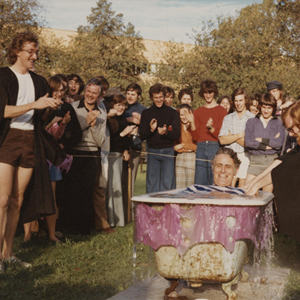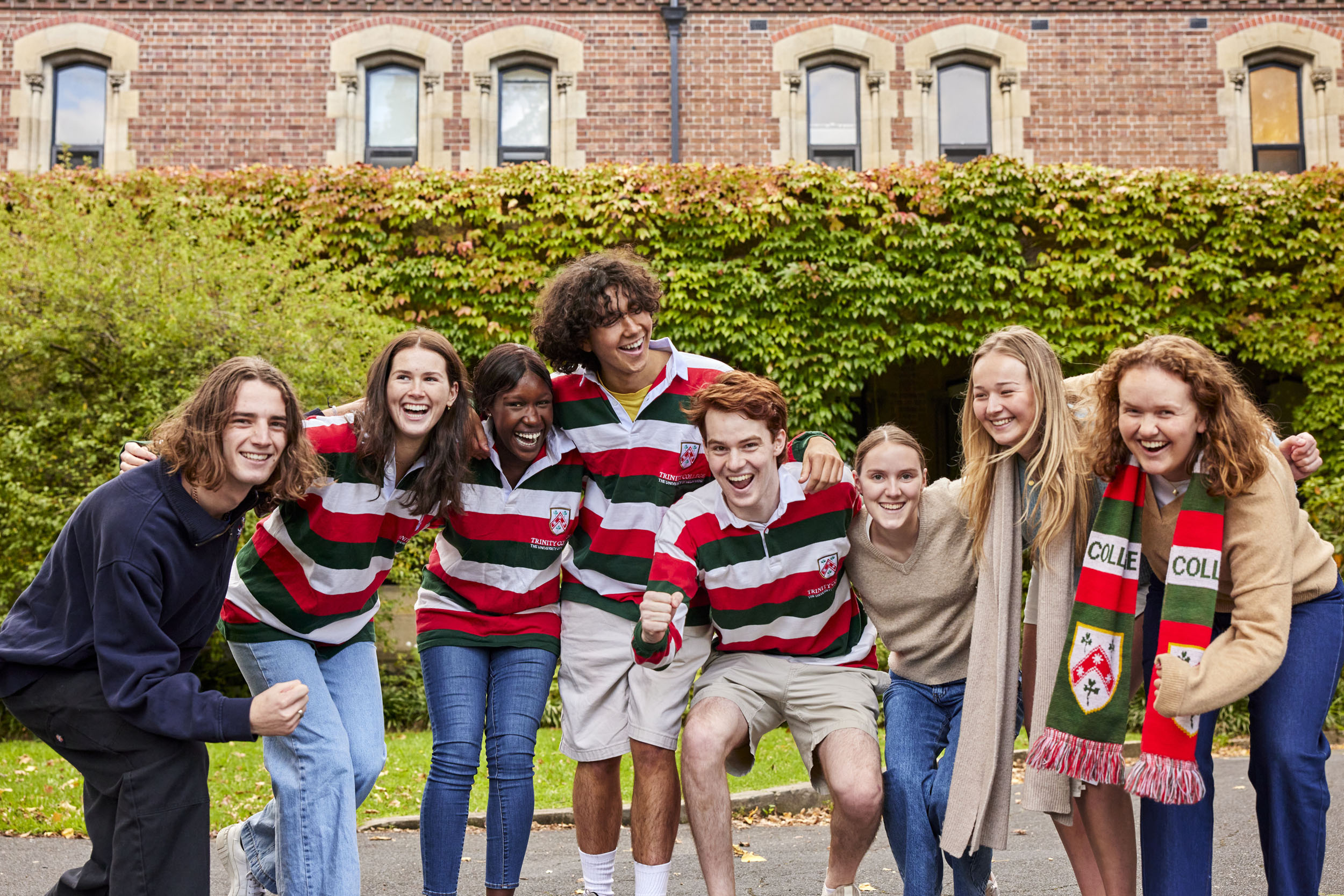
Studying at the University of Melbourne next year?
Live at Trinity College. It's a decision you won't regret.
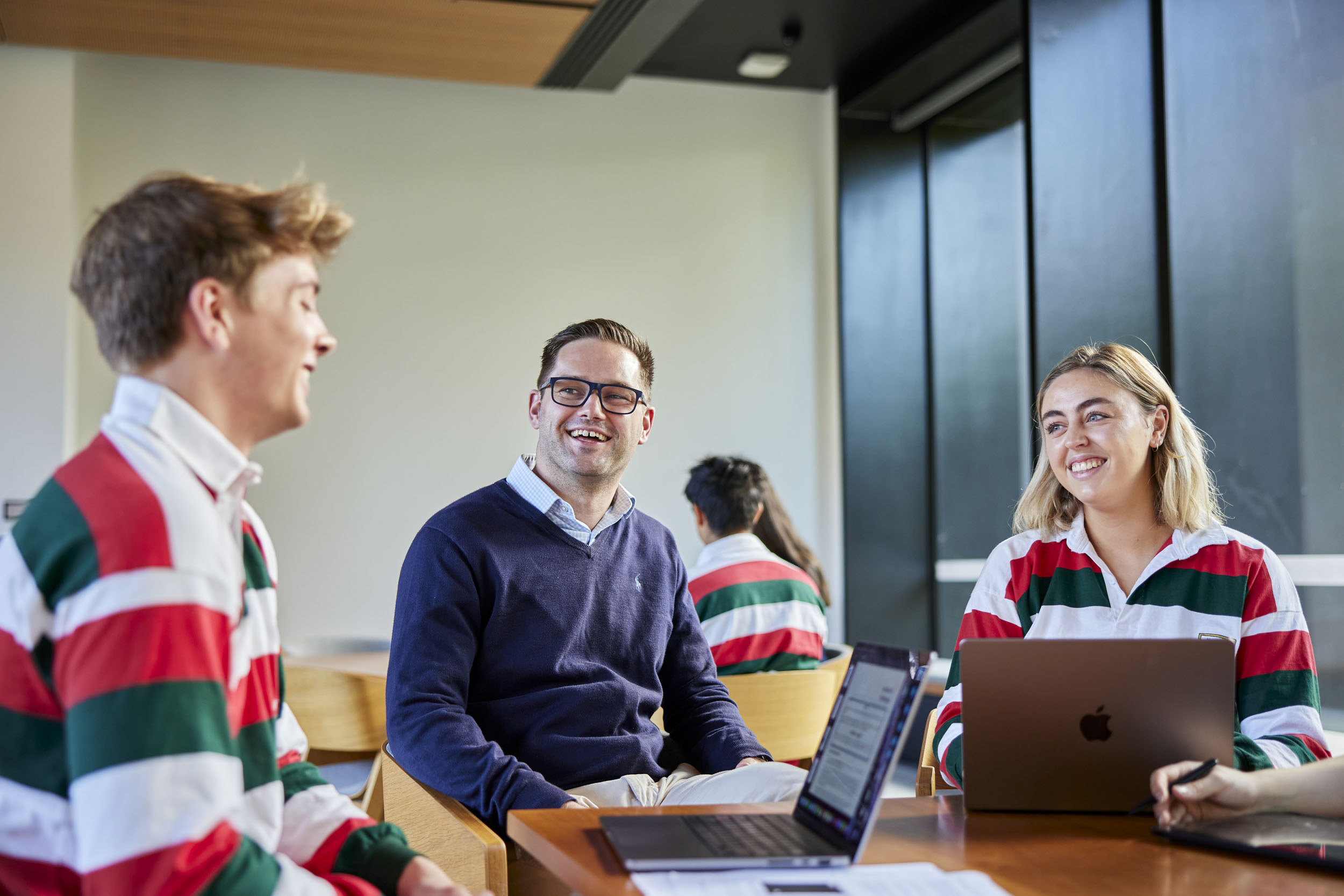
Scholarships
Trinity has a comprehensive scholarship program that allows students who previously may not have been able to attend university, to achieve their higher education dreams.

Alumni & Friends
Get involved through our alumni network of 27,000 Trinitarians or support Trinity in other ways.
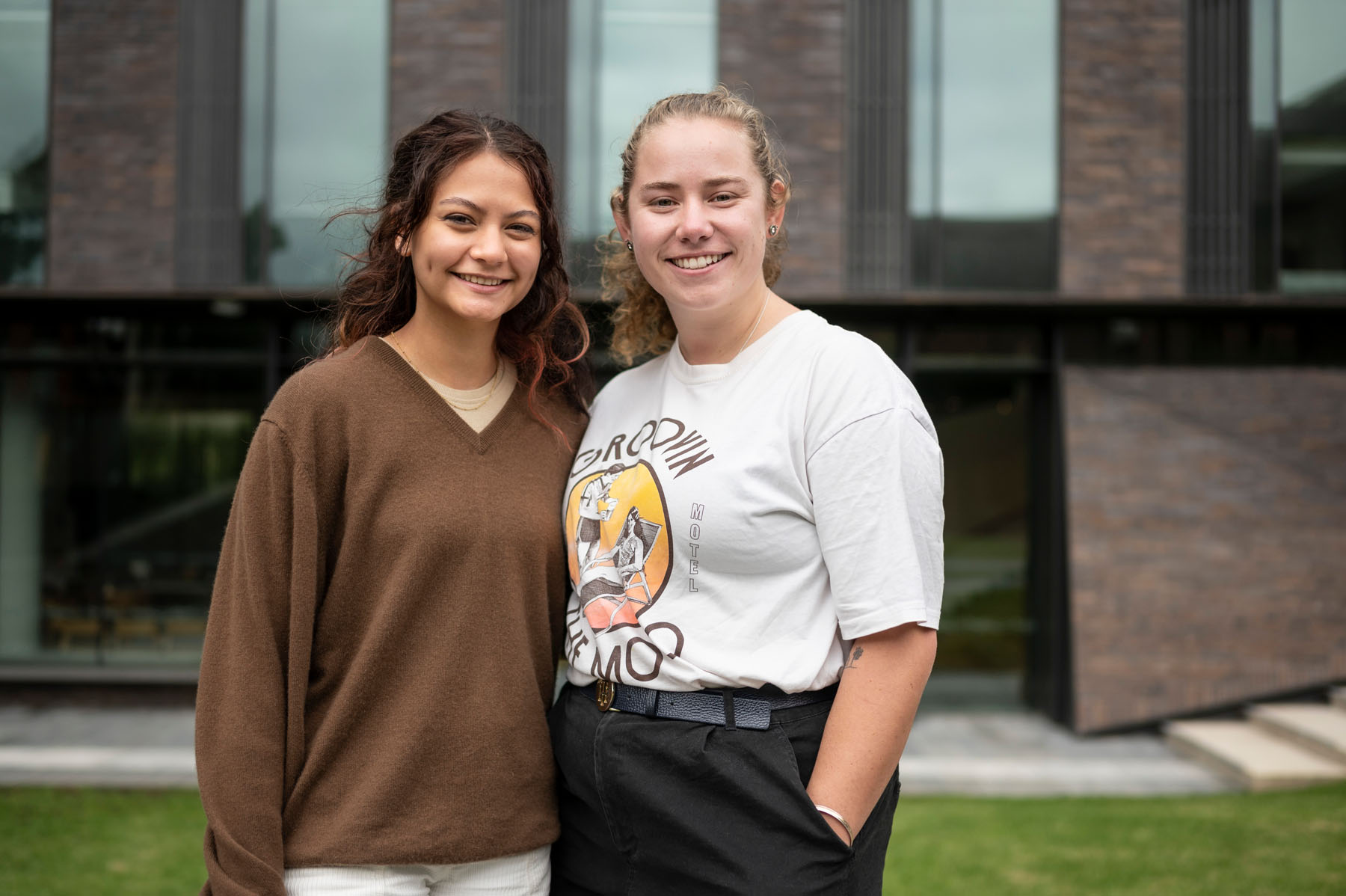
Indigenous Programs & Culture
We're committed to making a real difference to the lives of Indigenous students and their communities.
Indigenous Programs | Art Collection| Nakata Brophy Competition
Interactive Tour & Maps
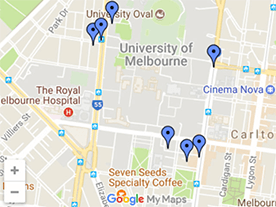
Maps of the Trinity precinct, college buildings, Parkville locations and the main campus.
Pathways School Student Testimonials
Testimonials from students from all over the world.
Our Campuses
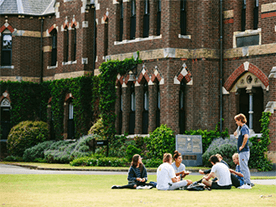
Trinity College is a place where learners flourish. We invite you to explore our campus and culture.
Programs & Resources

Choir | Indigenous Programs | Art
Collection | Chapel | Library | Information
Technology | Publications | Scholarships
Latest News
.jpg?lang=en-AU&ext=.jpg)
Meet Foundation Studies student Gabriella Sim

Anzac Day 2024 – Trinity stories

Meet Foundation Studies student Hanadi Alabdouli
Upcoming Events

Inaugural Intercollegiate Rowing Regatta cocktail party
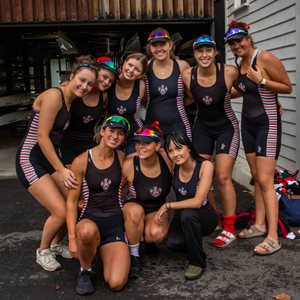
Intercollegiate Rowing Regatta
